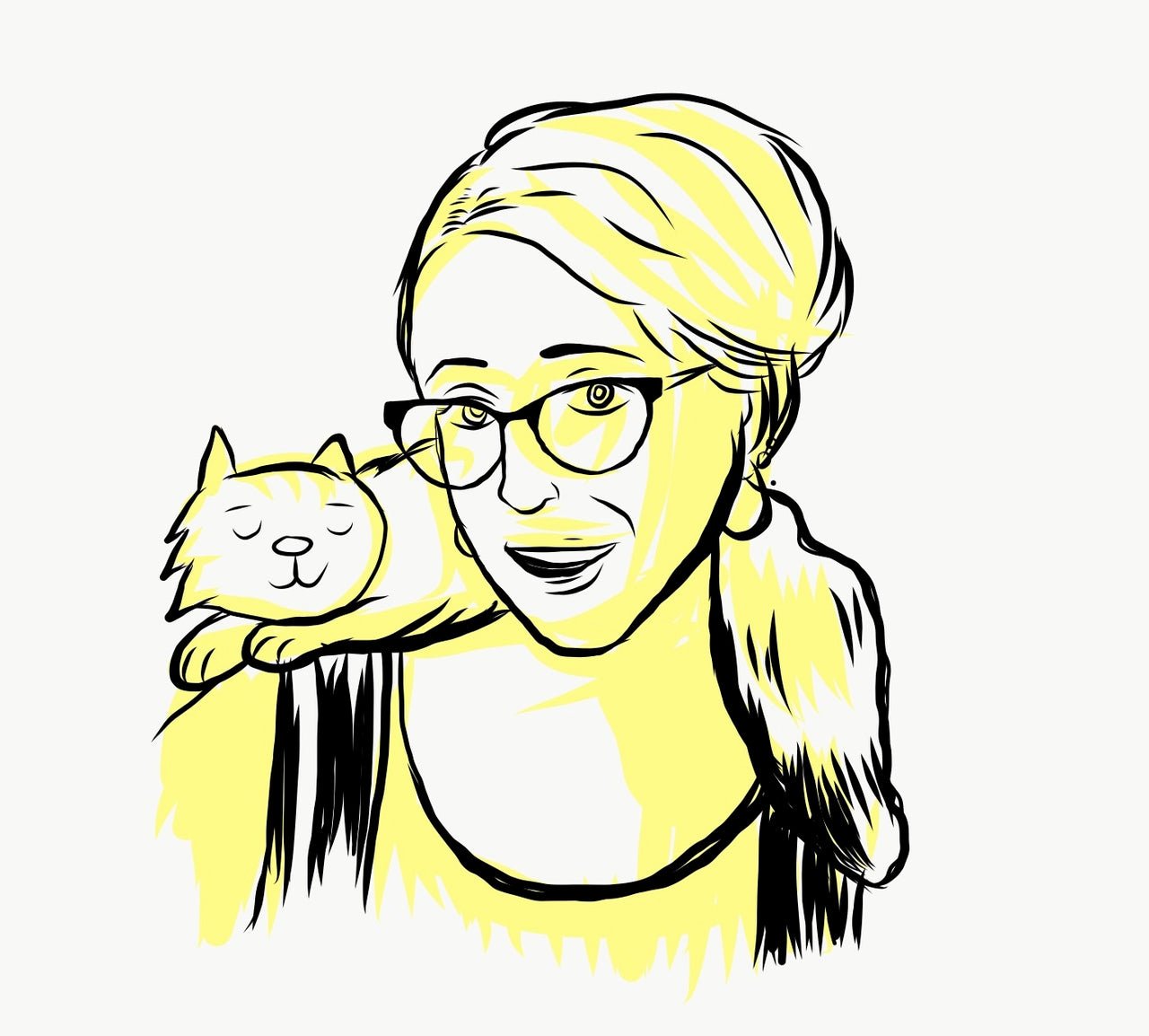Coffee was what kept me up during those late nights of studying in college; for expecting and new mothers, you'd think it would be their lifeline too! I figured caffeine was the fuel that helped them during long, sleepless nights with their newborns. But to my surprise, drinking caffeine has been a concern for many mothers. It's been believed that mothers should cut down on their coffee habit because of adverse affects that could affect the sleeping patterns of their bundles of joy. However, researches have found that coffee does not affect your child's sleeping habits. This doesn't necessarily mean you can keep drinking that Grande Double Mocha you crave each morning, but studies have failed to show any heightened risk correlating between a mother's caffeine intake and sleeplessness in her child. Heavy coffee drinkers are defined as consuming about 300 milligrams or more of caffeine per day via coffee or any caffeinated beverage. "In 2010, the American College of Obstetricians and Gynecologists (ACOG) said that 200 milligrams of caffeine a day -- about the amount in a 12-ounce cup of coffee -- probably did not carry pregnancy risks." In an article in HealthDay, Brazilian researchers conducted an analysis of sleeping patterns of more than 4,200 infants until the age of 3 months. The mothers of these infants had light caffeine consumption before and after delivery. Led by Dr. Ina Santos of the Federal University of Pelotas in Brazil, the study was designed to analyze the possibility that caffeine linked to disrupted sleeping patterns in newborns and babies. Of the 4,200 babies, 885 mothers were interviewed after delivery and three months later to gauge their caffeine-drinking habits. Each baby was then examined after delivery and had follow-up exams three months later. Santos and her colleagues stated that all but one mother consumed caffeinated beverages. Twenty percent of the mothers were considered to be heavy consumers and 14 percent had heavier caffeine consumption three months after giving birth. About 14 percent of the babies frequently woke up during the night. There was some indication that nighttime wake-ups were more prevalent with babies whose mothers were heavy caffeine drinkers during pregnancy and nursing, but Santos claims these numbers were still not significant. 'Nighttime wakening among babies that age can be due to so many different things,' Lona Sandon, a registered dietitian and assistant professor of clinical nutrition at the University of Texas Southwestern in Dallas said. 'So to tease out caffeine's role is going to be very difficult.' Caffeine can cause sleep disruption among adults, but researchers aren't finding any hard evidence that java consumption, at any particular level, is directly connected to the sleep pattern disruptions of babies.
Price Drop! 15% Off Machine & Grinder Bundles →
Cart updated ()


